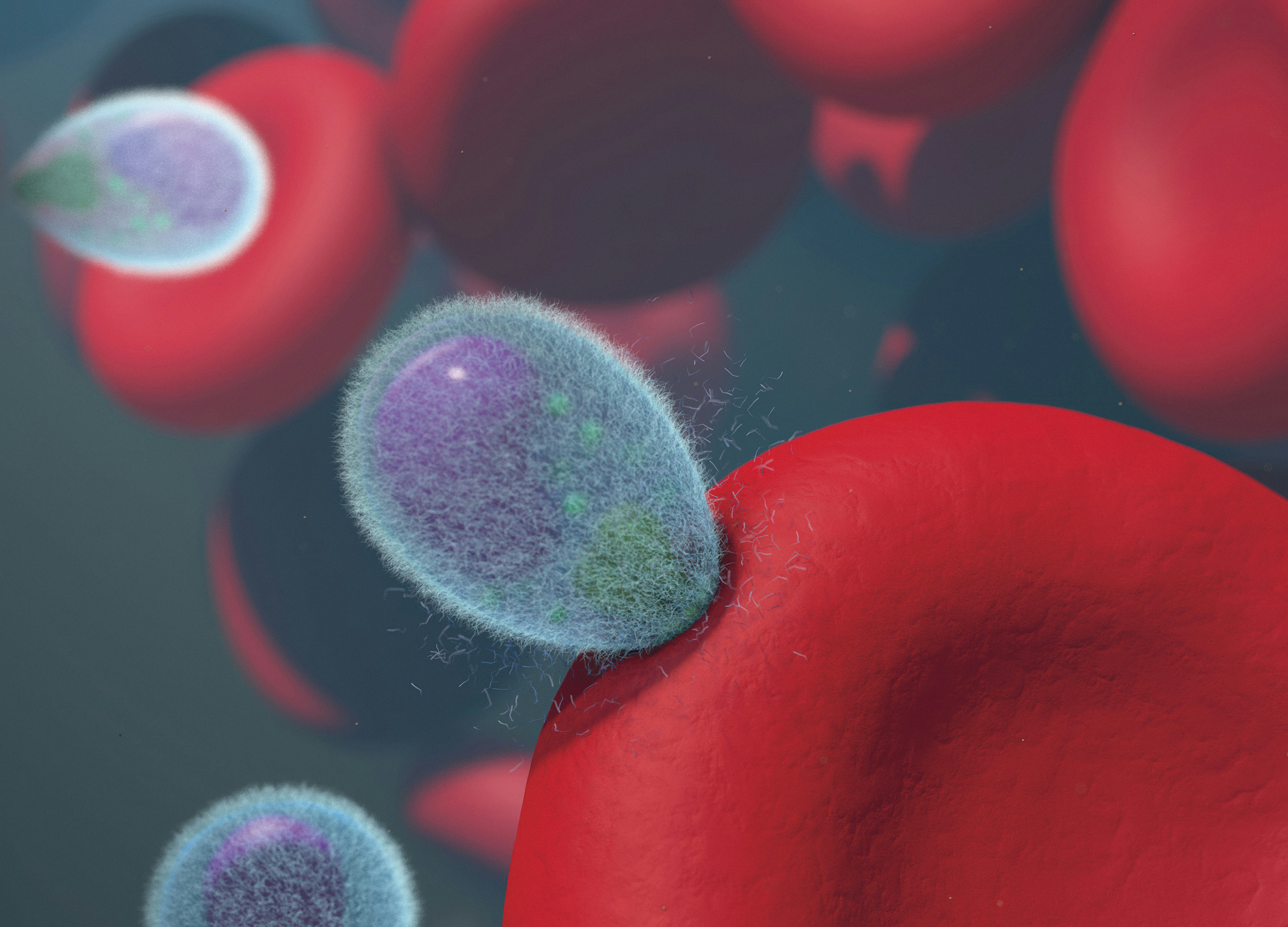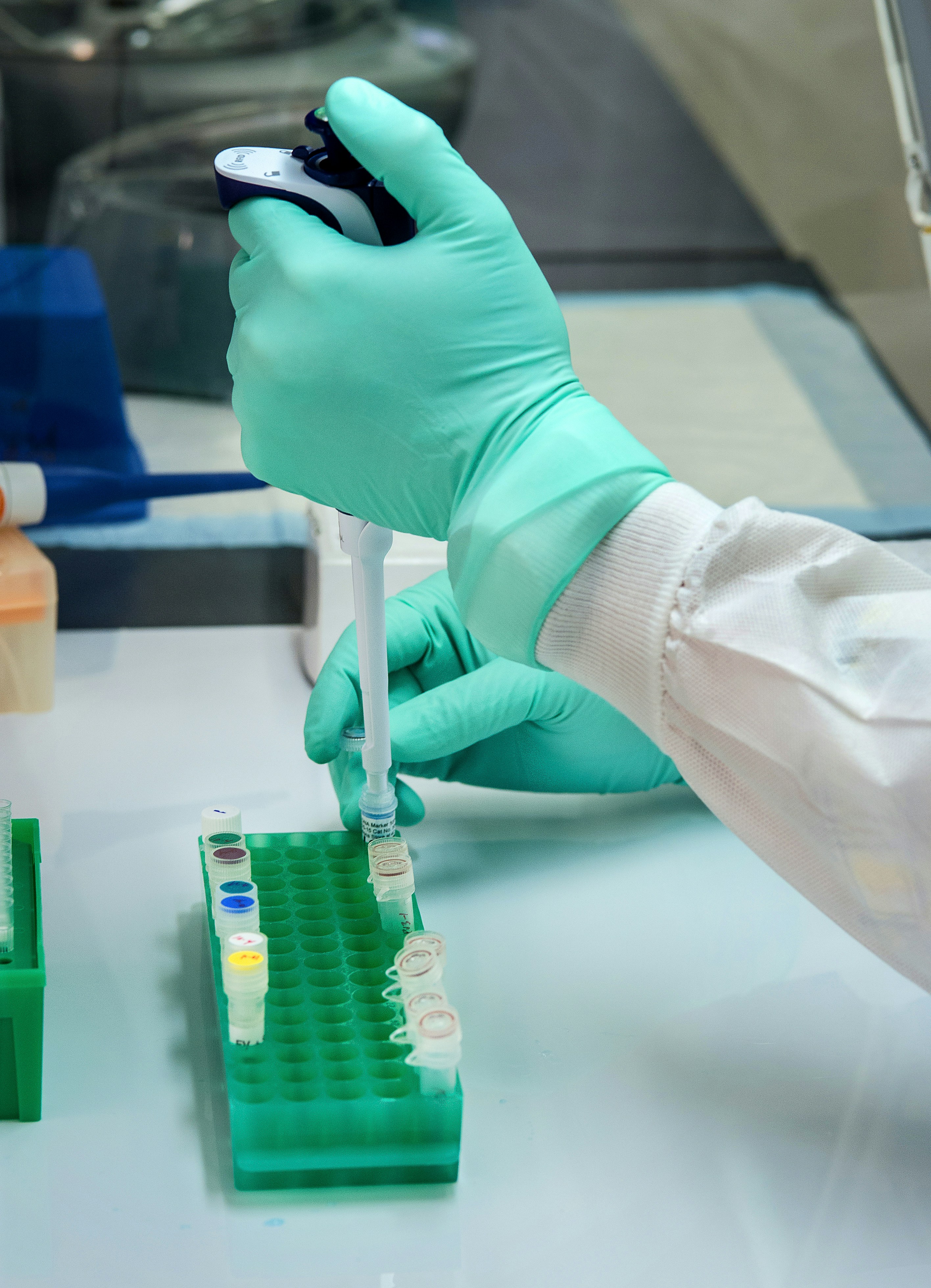Genetic Polymorphism of Malaria in Malaysia

Introduction
Project Title
Investigation of the Genetic Polymorphism and Erythrocyte Binding Activity of Plasmodium knowlesi Duffy Binding Protein Alpha Region II (PkDBPαII) in Malaysia
Project Overview
This research investigates the genetic diversity and erythrocyte binding activity of Plasmodium knowlesi Duffy Binding Protein Alpha Region II (PkDBPαII), particularly focusing on samples collected from various regions of Malaysia between 2019 and 2021.
Plasmodium knowlesi, a monkey malaria parasite, is currently the most significant cause of human malaria infections in Malaysia, with Malaysian Borneo reporting the highest case numbers. This study focuses on understanding the genetic polymorphisms of PkDBPαII and its ability to bind to human red blood cells, which is crucial for the malaria parasite to invade human hosts.
Key Objectives
To evaluate the genetic polymorphisms of the PkDBPαII gene in P. knowlesi isolates collected from Peninsular Malaysia and Malaysian Borneo.
To analyze the erythrocyte binding activity of PkDBPαII in isolates with different levels of parasitaemia and from different geographical regions.

Details
Methodology
The project involved molecular techniques like PCR amplification, DNA sequencing, and phylogenetic analysis to study the PkDBPαII gene. Additionally, erythrocyte binding assays (EBA) were conducted to determine the binding activity of PkDBPαII. This binding is essential for the parasite to invade human red blood cells and is a critical step in malaria infection.
The study used a combination of high and low parasitaemia blood samples from different regions to investigate whether geographical location and parasitaemia levels influence the binding efficiency of the PkDBPαII protein to human erythrocytes.
Findings and Future Directions
The genetic analysis did not reveal any novel polymorphisms in the PkDBPαII sequences from recent years, but the binding activity varied between isolates from different regions and parasitaemia levels. These findings highlight the importance of further investigation into how these genetic variations might influence malaria transmission and severity.
The study also sets the groundwork for future research that can explore potential vaccine targets or therapeutic interventions by analyzing more samples and additional factors, such as environmental influences on parasite transmission.
Acknowledgment of Contributions
This project was made possible with the guidance and support of my supervisors, Dr. Cheong Fei Wen and Prof. Dr. Fong Mun Yik, as well as the staff and colleagues in the Parasitology Department, University of Malaya. Their insights were instrumental in shaping this research and ensuring its success.


